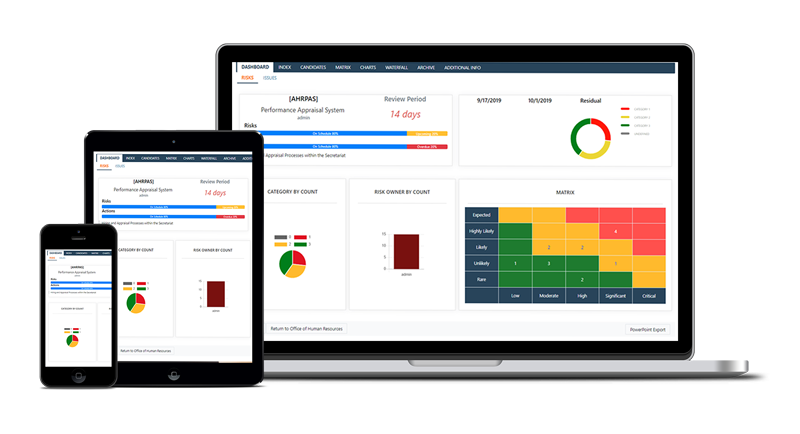Senior managers and executives usually know that they are responsible for overseeing the company’s approach to managing risk. This involves the Board considering risk oversight and policies, as well as regularly assessing corporate risk. They need to understand the expectations of regulatory bodies and ensure that the company’s approach reflects risk management best practices. The annual report should communicate risk-related lessons learned from past successes and failures.
Risk should also be an important part of board decision-making. If they get key decisions wrong, the impact will be felt across the organization, affecting a wide range of stakeholders. Risk management needs to be an integral part of the organization’s culture, strategy, and day-to-day business operations, and not just done for compliance reasons. Of all the challenges that boards face, perhaps the greatest is to navigate organizational growth while protecting the organization from unnecessary risk exposure.
We expect executives to know how to address risk at the corporate level. But do executives also need to understand how risk management works in projects? The involvement of an executive sponsor has been found to be crucial for project success, and their input throughout the project is important to the management of project risk.
- Initiating. The executive sponsor needs to work with the project manager to produce the project charter, ensuring that project objectives are SMART (specific, measurable, attainable, realistic, time bounded). The sponsor can bring experience of previous projects by referring to historical databases and other organizational assets before the project is launched. In this way, the executive sponsor can minimize risk that arises from badly-defined objectives, and ensure that previously-identified lessons are applied. The sponsor is also responsible for clearly communicating the risk thresholds for the project, and ensuring that these are documented in the risk management plan.
- Planning. The executive sponsor should support the project team as they gather requirements and define product and project scope. They must also check that the project vision, mission and objectives are aligned, and approve the project plan, to ensure that scope risk is minimized. The sponsor will ensure that the views of all project stakeholders are considered, and work with difficult stakeholders to minimize any risk of misunderstanding.
- Executing. The executive sponsor needs to be aware of the current project status as the project proceeds, and approve any change requests, issues or escalations in order to keep overall project risk exposure within the agreed risk thresholds.
- Monitoring and controlling. The executive sponsor is usually part of the project steering committee or change control board, validating and approving proposed corrective actions that are needed to keep the project under control. This aims to ensure that overall project risk remains acceptable, as the project moves towards achieving its goals.
- Closing. In the final phase of the project, the executive sponsor formally accepts project closure, along with other project stakeholders. They compare the project’s outcomes with the original business case to determine the level of project success (or failure), and participate in identifying lessons to be learned for future projects. This minimizes the chance that generic risks are not recognized, and improves the likelihood that future projects will succeed.
Executive sponsors play a vital role in management of risk at project level. It’s worth ensuring that your own project has a fully-engaged executive sponsor who understands and accepts their responsibility in this area, so that you can work together to minimize project risk exposure and maximize business and organizational benefits.
[© Copyright June 2020, Alfonso Bucero / The Risk Doctor Partnership]






